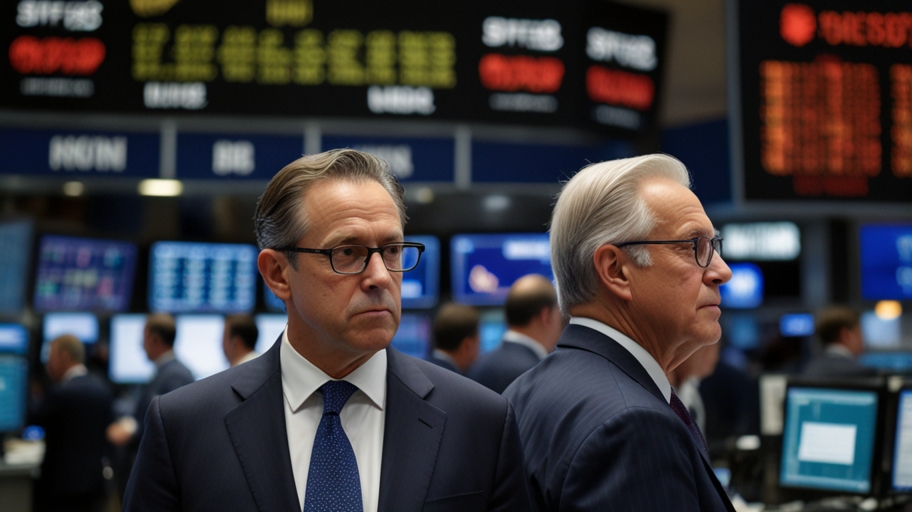On Wednesday, the European stock markets showed some weakness. The investors, registering the impending imposition of retaliatory tariffs by the US, were wary. The pan-European STOXX 600 index opened the first hour of trading in the red, confirming the doubts about the new tariffs, which were being discussed at the time it its illegal that could be the trigger of the slow global growth and high inflation period.
There is a lot of disinformation around “Liberation Day,” a term used by the Trump administration, without many details to give the market optimism. The strategy of the tariffs, to be proclaimed at the press conference which will be held at 20.00 (GMT), is not known to the public yet, and it is in the process of being formed.
The totality of the details of the tariffs, which shall be immediately carried out after the announcement at 20.00 GMT today, remains a riddle and is still in the making stage.
Investor sentiment has been negatively impacted by the uncertainty over the scale and target of the US tariffs. Traders are assuming the role of prophets of doom in an effort to develop a forward-looking view of the anticipated economic impact.
Apart from a drop in the index, the pharmaceutical stocks have also been the main reason. Now, the sector, if we consider future tariffs, as those do not constitute the basis for unusual movement in the stock market, has to count on the exemption list only, and that seems impossible.
Drug firms are very keen to work within the framework of the partial introduction of import levies in the United States. Persons, through high channels, who are in the know of the situation, confirm that the tariffs could be kept secret today, still, the pharmaceutical industry is destined to become the import tariffs domain.
The European central bank monitors these developments quite closely since they are getting ready for their forthcoming meeting on April 17. In the eurozone, the last annual inflation rate was 2.2% in March, lower than the final single data point 2.3% recorded in February, as the flash figures of Eurostat indicated.
The rise in inflation rates has boosted the general outlook, indicating a 25-basis-point interest rate cut by the ECB, however, the impending tariffs could lead to increased inflation pressures and consequently, more complicated monetary policy decisions if they occur across European economies.
The UK government reports that it is at the stage of “advanced” negotiations with the United States about potential economic agreements as the tariffs threaten to be imposed. Officials have confirmed that even though no one is in favor of tariffs, they are still assisting the most affected sectors so that they can quickly resolve the matter.
Marketing experts perceive that it will take time for the investors to understand the full implications of the import tariff announcements. Some experts note that this method of trade policy is of high risk and likely to disrupt economic cycles across Europe and globally.
The market is likely to get support from central banks only, especially if more accommodative stances are adopted. However, in the meantime, the prices keep on increasing significantly in most of the regions above their targets.
Some regions’ monetary policy could become much looser due to tariff-induced price pressures, but others might face difficulties in accommodative stance changes.
During this period of trade issues, assets that are classified as being safest have become very popular with investors. As they look for security in the event of possible market turmoil, the spot gold reached a new record earlier this week, rising above the $3,100 level.
Even though the analysts are close to knowing which sectors will be hit, they still cannot make it, which ones will recover before the year-transit is done. Others expect the automotive and luxury goods manufacturing sectors to be hit the hardest.
The contending parties of the situation are still the European policymakers who are working out possible solutions. Elected industries indeed are in favor of a more considered approach as opposed to any reactionary steps that may potentially lead to a trade war.
